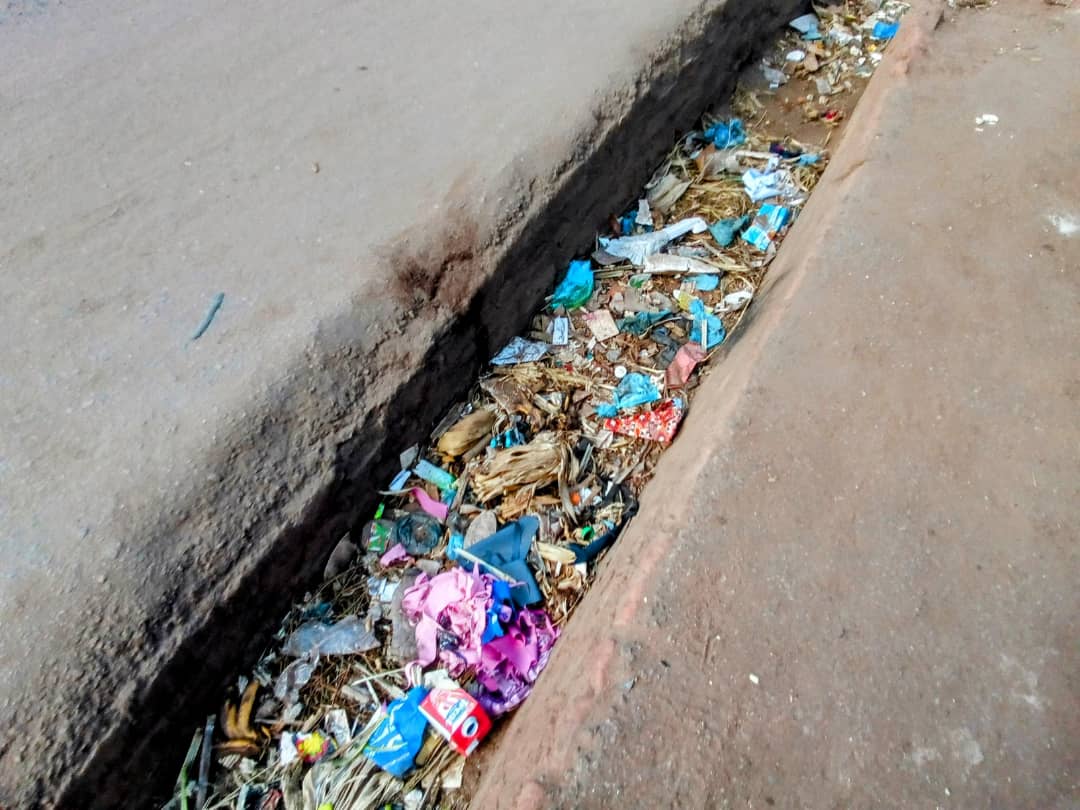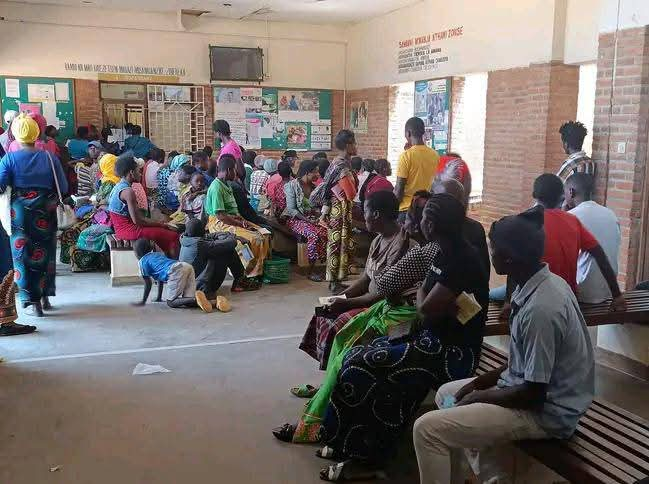By Burnett Munthali
The city of Lilongwe, Malawi’s capital, is fast losing its charm as litter has become a dominant feature in many parts of the urban landscape.
Once considered one of the greenest and most organized cities in the region, Lilongwe now grapples with heaps of garbage strewn along streets, marketplaces, residential areas, and open spaces.
Walking through the city is no longer a pleasant experience as refuse of all kinds—plastic bags, food waste, empty bottles, and cardboard—compete for space with pedestrians.
This growing problem raises the question: who is to blame for the state of untidiness in the city—the Lilongwe City Council, the residents, or both?
On one hand, the City Assembly has the constitutional mandate to manage waste disposal, maintain sanitation, and enforce bylaws to keep the city clean.
However, critics argue that the Council has been failing in its responsibilities due to inadequate waste collection systems, limited enforcement of environmental regulations, and lack of public awareness campaigns.
Overflowing waste bins, uncollected garbage for days, and the absence of visible sanitation workers in key areas point to institutional inefficiencies that have allowed the problem to spiral out of control.
On the other hand, residents also carry a fair share of the blame for Lilongwe’s growing litter crisis.
Many people continue to dispose of waste irresponsibly, tossing garbage out of moving vehicles, littering streets after market days, or burning refuse in unauthorized areas.
This behavior reflects a deep-rooted problem of poor civic responsibility and a lack of awareness or concern for environmental hygiene.
While the City Council may be underperforming, residents must also be held accountable for their role in perpetuating the unsanitary conditions that now plague the city.
It is clear that addressing Lilongwe’s litter problem requires a two-pronged approach involving both institutional reforms and civic education.
The City Assembly must improve waste management infrastructure, enforce sanitation laws, and engage in consistent public education campaigns.
At the same time, residents need to adopt more responsible waste disposal habits and participate actively in community cleanliness initiatives.
Lilongwe’s transformation into a clean and livable city cannot be realized by the efforts of one group alone; it is a shared responsibility that demands cooperation, accountability, and a renewed sense of urban pride from all stakeholders.




